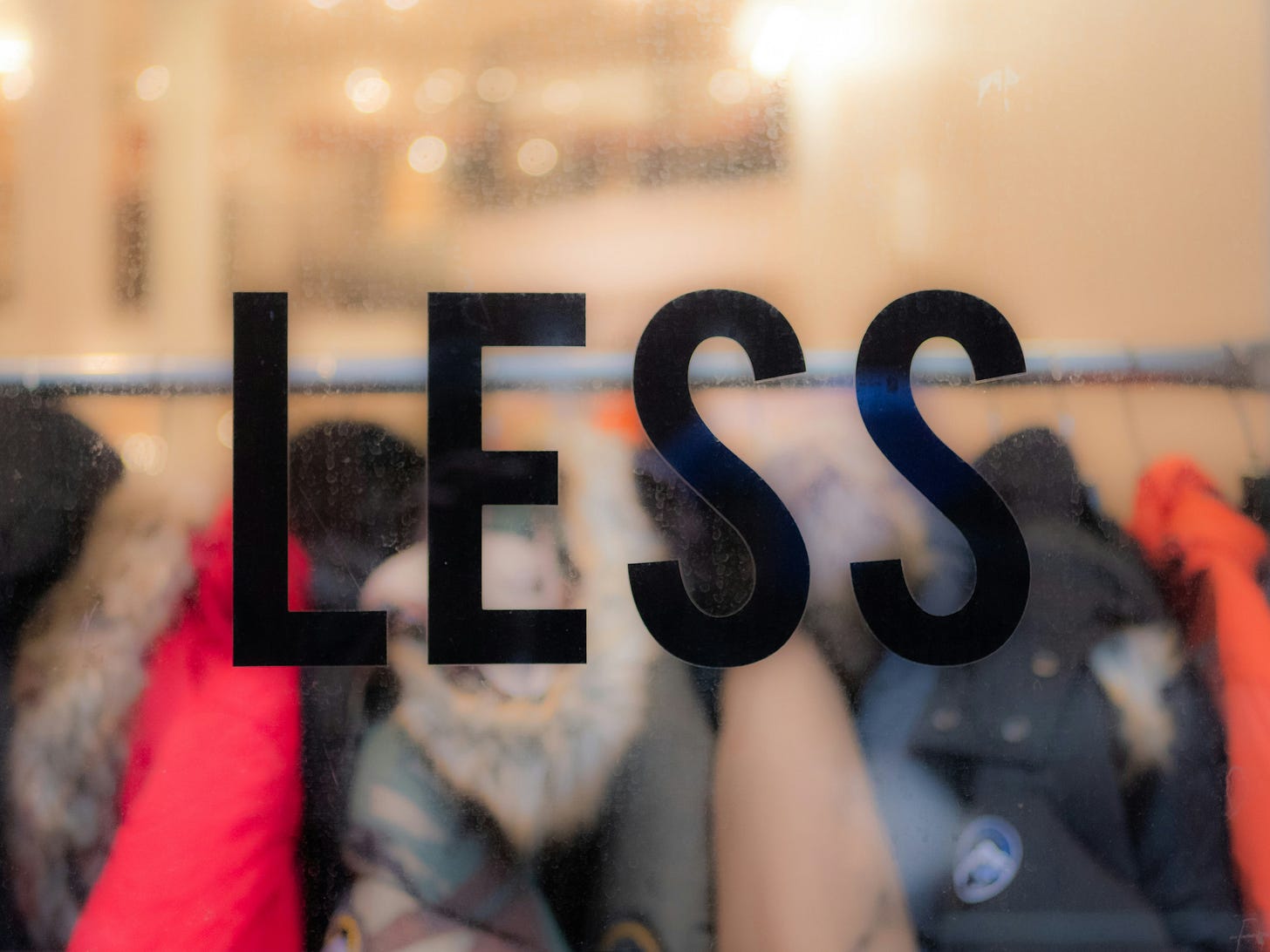The violent endgame of fast fashion
When we look back in years to come, maybe Shein will inadvertently be viewed as the best thing to happen to the fast fashion industry
Shein might be the endgame for fast fashion. Only I’m not sure that it’s the one everyone expected.
For years, we’ve seen traditional retailers fall behind Shein primarily because of price, and Shein's business model.
On the one hand, Shein are a convenient excuse for other fast fashion businesses who don't innovate enough. The market is saturated and the offerings are all the same - an inevitable consequence of the boom in product cycles and options.
The need to stand out, somehow, in mass market retail has never been more important, and Boohoo, Asos and others simply don't stand out. The shopping experience and product choice are completely unremarkable.
However, it cannot be denied that Shein, through a new business model, have offered lower prices which other companies simply haven't been able to compete with. To put it simply, they removed the "middle man" costs, took advantage of subsequent shipping fee exemptions, and pushed prices that no other business could - or should - compete with.
Furthermore, their growth strategy has been based on gaining market share at any cost - which meant initially they weren't even concerned with making a profit on items sold.
The best at what they do and what they do isn’t very sustainable
It’s not news to anyone that this approach is a sustainability nightmare.
If a business isn’t concerned about making a profit, if they only care about speed and capitalising on trends, then they’re not going to be concerned about standards - quality standards, environmental impact, working conditions and pay, and so on. It doesn’t matter if a dress falls apart after two washes and is discarded if it only existed as a form of customer acquisition and you can just sell them something new straight after.
Other fast fashion brands risk going the same way because there’s no room to compete on price and speed while attempting to be more sustainable.
Investors say that sustainability and ethics are more fundamental to the decisions they make than ever before. The question is whether that is true - especially now Shein is targeting a multi-billion London IPO.
In reality, the UK financial sector is desperate for an attention-grabbing, meaty IPO and I think that desire will probably outweigh sustainability concerns. Investors will also look at the customer mood around Shein, and in truth, the vast majority of shoppers either don't know about Shein's unethical practices, or don't care.
Young shoppers with little to no disposable income want options in their wardrobe, and Shein are the best business at giving them what they want – for now.
That for now is important because Shein are so good at acquisition (by being the cheapest and offering the most choice) that we don’t know yet what they have in terms of loyalty/trust and therefore longevity.
If it really is all just about price and range, then things could change very quickly. If a newer Shein comes along, it isn't hard to imagine Gen Z, or indeed Gen Alpha, jumping ship.
Fast fashion will be forced to premiumise
In fact, I think Shein might actually represent a kind of violent endgame for fast fashion.
It's difficult to imagine it getting faster, because Shein has mostly operated without turning a profit.
This ultra-speed has awoken forces that had been ignoring the issue of fast fashion. From Trump's tariffs to EU regulations, what appeared to be a very innovative "Factory to Consumer" model now feels flawed.
And perhaps most importantly, these changes will start to disrupt all fast fashion retail. Supply chains are going to get even more challenging and expensive. The only solution will likely be charging higher prices.
And faced with that reality, what else can a fashion brand do other than make better products, open better stores and tell better stories? How else can huge price increases be justified to a customer that's been trained to expect low prices?
When we look back in years to come, maybe Shein will inadvertently be viewed as the best thing to happen to the fast fashion industry; the straw that finally broke the camel's back.
Extra insights
“If there’s an authenticity to what they’re talking about or offering or representing, I think any brand can build a community. You’ve got to have a good product first and foremost. But you also need to have a genuine authentic message or ethos or purpose.” Read our full interview with the brand design agency masterminds at gpstudio here.





